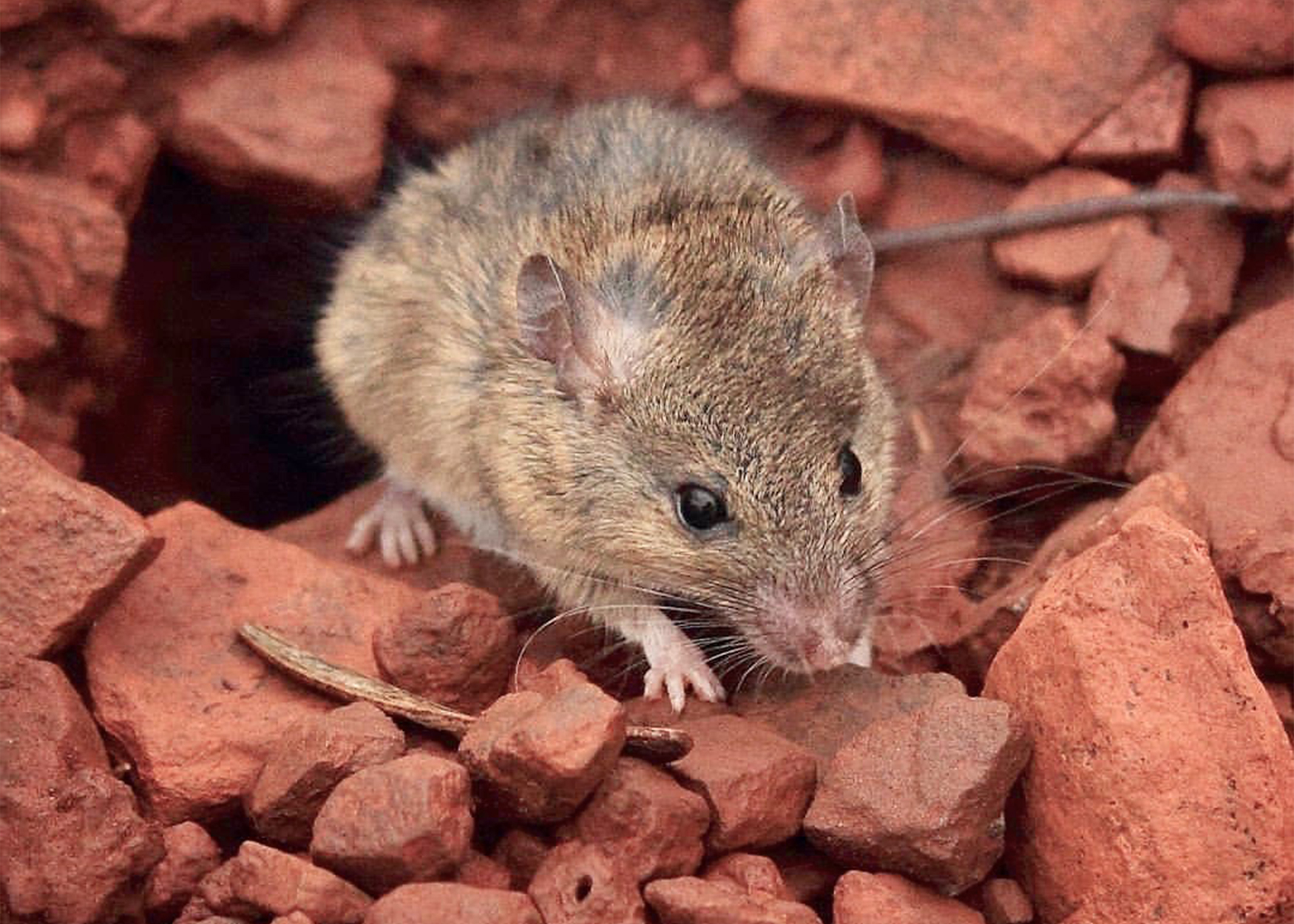Research
Evolutionary biology
Investigating how species evolve and adapt to their changing environments
Research in this area examines the evolutionary processes that generate biodiversity. Natural selection is responsible for the differences we see between males and females, it drives speciation, and affects how species adapt to their environments. Through the Centre for Evolutionary Biology, we look at how evolution shapes the form and function of organisms, from the tiniest single celled algae to large, multicellular organisms including humans. The Centre's research specialties include sexual selection, acoustic signalling, animal cognition, predator-prey interactions, visual ecology, sperm form and function, chemical ecology, population genetics, phylogenetic comparative analysis and the genetic mapping of complex traits. Our research is supported by strong partnerships with industry and government organizations such as the WA Museum, DBCA, CSIRO, and DPRID.
Human interference in the natural world, through habitat fragmentation, loss and climate change, continues to cause major environmental perturbations. Building upon our understanding of evolutionary processes, UWA’s multidisciplinary research seeks to understand how anthropogenic disturbance will affect evolutionary change in animals and plants. We also study how directed evolutionary change can be used as a tool to mitigate human impacts on the planet and deliver a more sustainable future.
Centres
Centre for Evolutionary Biology
The Centre for Evolutionary Biology is a UWA Centre of Excellence, delivering excellence in research and research training. We adopt a multidisciplinary approach to exploring selective processes acting on the morphological and life-history traits of whole organisms and their gametes.
Find out more
Key staff
For more information about our work and current projects, contact our key researchers:
Research Projects
View a list of our current PhD research projects and opportunities in Evolutionary Biology here.
News
Cooperative male dolphins match the tempo of each other's calls
A team of researchers from The University of Western Australia and the University of Bristol has found that when it comes to working together, male dolphins coordinate their behaviour just like us.
Read moreSurvival of Australian species hinges on working together
When faced with unfavourable environmental conditions, rodent species are likely to form social groups and work cooperatively, according to a new study by researchers at The University of Western Australia.
Read moreLike moths to a colourful flame
A nocturnal moth may be using its colourful wing patterns to attract a female mate, according to new research led by The University of Western Australia and the Adolphe Merkle Institute in Switzerland.
Read moreFeatured course
Contact the School of Biological Sciences
For more information, contact Professor Leigh Simmons.





